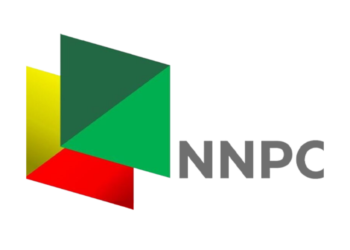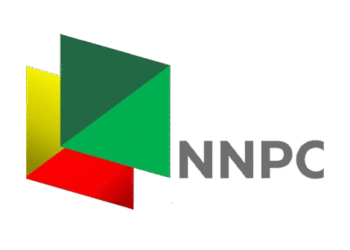The Federal Inland Revenue Service (FIRS) has been described as the cash cow responsible for the fiscal sustainability of the three tiers of government in Nigeria.
Bimbo Kolade, a member of Revenue Mobilisation Allocation and Fiscal Commission (RMAFC), said this during the inauguration of a joint FIRS-RMAFC Technical Committee at the FIRS Headquarters, Abuja, on Tuesday.
Kolade, who also doubles as the chairman of the RMAFC‘s Inland Revenue Monitoring Committee (IRMC), stated this in a statement by Sikiru Akinola, Technical Assistant (Media) to the FIRS chairman.
He stated that federal, state and local governments have been able to make projections and execute projects because of the assurance of steady revenue which comes mainly from tax revenue collected by FIRS and shared monthly at the Federation Allocation Account Committee (FAAC) meeting.
In 2024, FIRS tax revenue accounted for about 65 per cent of the total money shared by the three tiers of government, thus making tax the pivotal source of revenue as against crude oil sales by the Nigerian National Petroleum Corporation Limited (NNPC Ltd).
Commending the FIRS chairman, Kolade said: “If not for the wonderful job Dr Zacch Adedeji has been doing since September 2023 at the Service, Nigerians may have been crying a little more with what we have passed through.
“With your dedication, commitment and stellar performance, we can see that the country has been the better for it. I also want to congratulate Dr Adedeji on the success of the Tax Reform Bills.
“We could see the initial misunderstanding that came with the Bills— even the little between RMAFC and FIRS on the issue of VAT allocation and the rest of them. But then, because of the kind of person the FIRS chairman is, he called our chairman, and it was resolved.”
Speaking on the function of IRMC, Kolade explained that it was saddled with the responsibility of monitoring all accruals that come into the Federation Accounts.
“At RMAFC, we have various committees that oversee various parts of government organisations that we need to monitor. One of the federal agencies is FIRS.
“This IRMC was put in place to monitor tax revenue by ensuring that all taxes such as Value-Added Tax (VAT), Companies Income Tax (CIT) and the rest are properly collected and remitted into the federation accounts.”
Speaking at the event, the FIRS boss, Dr Adedeji who inaugurated the joint committee, said the visit of the RMAFC team was not only a gesture of goodwill but also a testament to the long-standing and strategic relationship between the two institutions.
He explained that the two agencies were linked by shared responsibilities in Nigeria’s fiscal architecture.
“While we at FIRS are charged with the collection of revenue, particularly non-oil taxes, RMAFC plays a vital role in ensuring that the revenues generated are monitored, properly accounted for, and equitably distributed in line with constitutional provisions.
“Our collaboration over the years has been built on mutual respect, professionalism, and a common objective:
“To enhance the fiscal sustainability of the Nigerian state. RMAFC’s work in monitoring revenue and advising on fiscal allocation directly supports our efforts to build a more robust and transparent tax system,” he said.
Adedeji said the visit by the RMAFC team was significant as it presented an opportunity for both institutions “to reflect on our shared progress, identify areas for improvement, and chart a forward-looking path toward even more impactful collaboration.”
“As Nigeria seeks to diversify its revenue sources and reduce its dependence on oil, the roles of FIRS and RMAFC become even more critical.
“It is against this backdrop that we welcome this engagement—not just as a courtesy, but as a strategic dialogue aimed at strengthening our institutional partnership.”
The FIRS boss also revealed that the cooperation between the two agencies have yielded several positive outcomes.
He added: “Through information sharing, data verification exercises, and joint revenue monitoring initiatives, we have contributed meaningfully to improved revenue accountability at the federal level.
“RMAFC’s insights have helped shape policy decisions, while our work at FIRS in improving tax administration has directly supported the Commission’s monitoring and allocation functions.
“The synergy has also led to better forecasting and fiscal planning at the national level. However, we know there is still much to be done.
“Going forward, we must explore ways to institutionalise our collaboration through a more structured framework that addresses the issue of functional overlaps such as duplication of effort, conflicting priorities or objectives, communication breakdowns and role confusion.
“This framework will be one that includes regular inter-agency strategy meetings, joint research and analytics, and technology-driven data integration.
“It should also define clear roles, set common goals and monitor progress. The benefits will be improved collaboration, increased efficiency and enhanced innovation.”






























